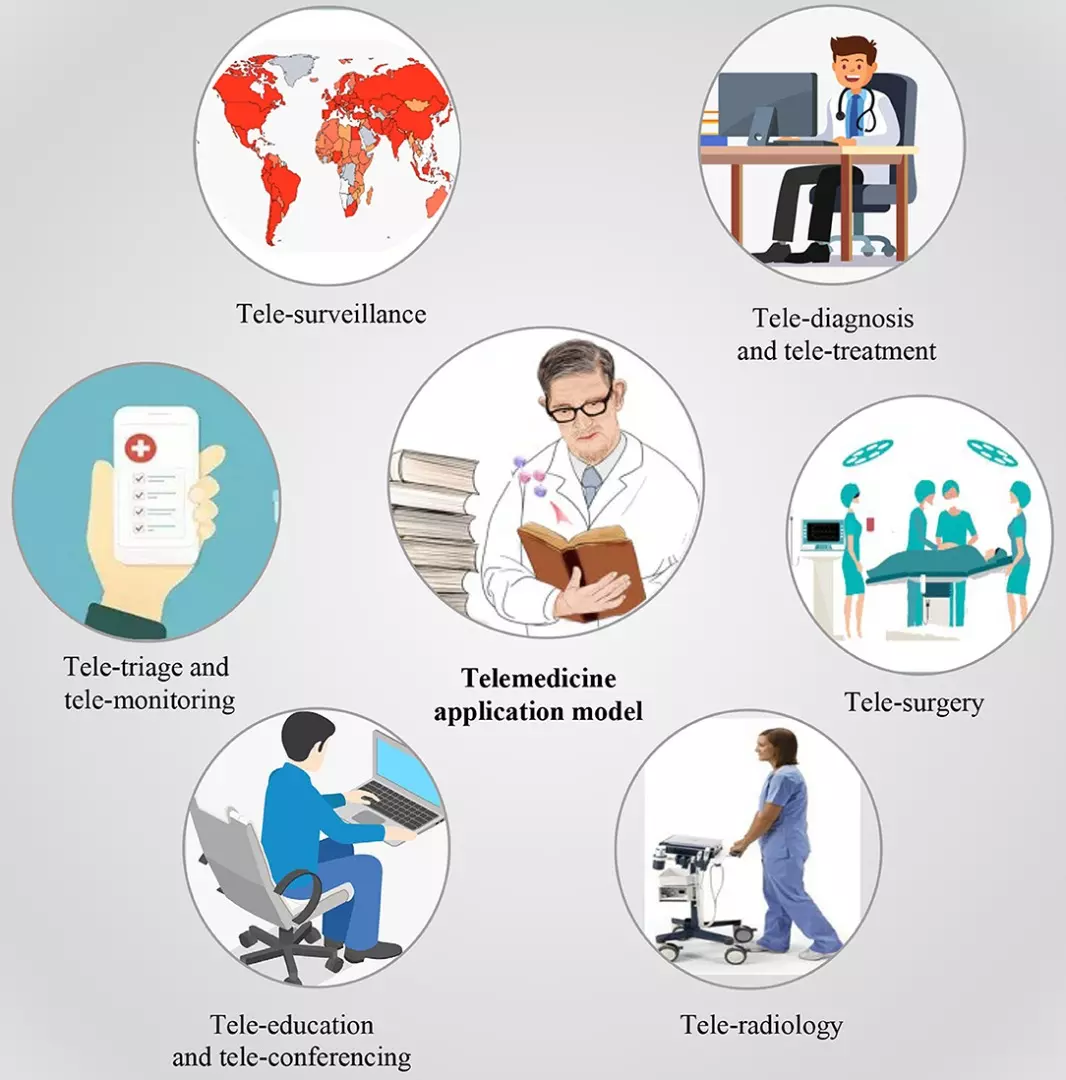Comments
- No comments found

There’s no question about it — these last few years have been tough.
We’ve faced the worst global health crisis in modern history. We’ve faced lockdowns, layoffs, and loneliness. We’ve been isolated, anxious, and, often, afraid.
It’s little wonder, then, that the demand for mental healthcare has surged in the wake of the pandemic. While many health systems continue to struggle to keep pace with patient needs, a number of important innovations have emerged in the face of the crisis. Indeed, pandemic-related changes in the field of psychiatric care have revolutionized not only how treatment is delivered but also what kinds of therapies are available.

To be sure, telemedicine was not born with the pandemic. Virtual healthcare had been a viable option for medical and mental healthcare providers for years. However, it was not until the rapid spread of the coronavirus forced the population to retreat to their home that the true potential, promise, and power of telemedicine were unleashed.
Suddenly, there was an erasure of resistance to healthcare innovations, like telemedicine. Interestingly, it has been the field of mental healthcare that has experienced perhaps the most significant changes in response to the pandemic.
As psychiatrists, psychologists, and mental healthcare centers shuttered their doors or curtailed their operating hours, clinicians and technologists alike looked to the digital realm to develop new ways to administer patient care. This gave rise to a plethora of therapeutic options never available before, including a host of free and low-cost apps allowing those in need of mental health support to connect with trained psychiatric professionals through their smartphone, tablet, or PC.
This has not only revolutionized how mental healthcare is delivered and what kind of treatment options are available, but it has also increased access to previously underserved and marginalized patient populations. For instance, healthcare providers in New Jersey launched a highly successful telehealth program designed to connect pediatricians with psychiatrists. This was in an effort to address the profound mental and behavioral health challenges urban youth were facing in the midst of the COVID crisis. The result was an integrative mental and physical healthcare regime provided on digital platforms and ensuring accessible and affordable care for at-risk and troubled youth — those who had previously been shut out of the mental healthcare system.
The pandemic didn’t just increase the need for mental health services, but it also dramatically altered the ways most of us work and live. Specifically, the transition to remote work for large segments of the labor force meant that employees now had more choice in where they resided.
Thanks to the ascendancy of the virtual office, people had more freedom than ever before to make their homes outside of large population centers. Because they no longer had to be concerned about the daily commute, they could relocate to suburban and even rural areas while still maintaining their careers.
This means that workers also gained more access to alternative forms of therapy that were simply not available to those who lived in metropolitan areas and were required to be in the physical office for at least 40 hours per week. One particularly salient example of this is the increasing popularity of equine therapy.
Patients who are not helped by or interested in more traditional forms of mental healthcare, such as talk therapy, have embraced equine therapy as a highly effective way to deal with depression, anxiety, and even post-traumatic stress disorder (PTSD). And, for new remote workers who have relocated to rural areas, the profound lifestyle changes borne of the pandemic have provided unprecedented opportunities to explore novel therapies such as these.

The proliferation of telehealth practices in response to COVID lockdowns also enabled much closer collaboration between healthcare providers, fostering a more holistic approach to wellness than was typical prior to the pandemic. This is evident, for example, in the increasing accessibility of reproductive psychiatry, which blends physical and mental healthcare for women facing reproductive and gynecological health challenges.
Though this particular psychiatric subspecialty remains in its nascent phase, it has been propelled forward by the robust telehealth platforms that emerged during the pandemic and the increased acceptance of and interest in virtual healthcare. Now, women who are seeking help for the mental health impacts of conditions such as infertility, menopause, and gynecological disorders have a range of options for receiving specialized care online. This is particularly helpful when patients can’t make it to a physical office or during urgent matters when local practitioners are not available.
The COVID-19 pandemic has had a significant impact on almost every domain of daily life, changing how we work, learn, and engage with one another. Among the most profound changes, however, relate to the field of mental healthcare. Indeed, the pandemic has revolutionized not only how psychiatry and psychology are practiced but also in what form. Novel approaches to mental healthcare, including subspecialties such as equine therapy and reproductive psychiatry, are helping to meet the unique needs of patients across the country and around the world.
Leave your comments
Post comment as a guest